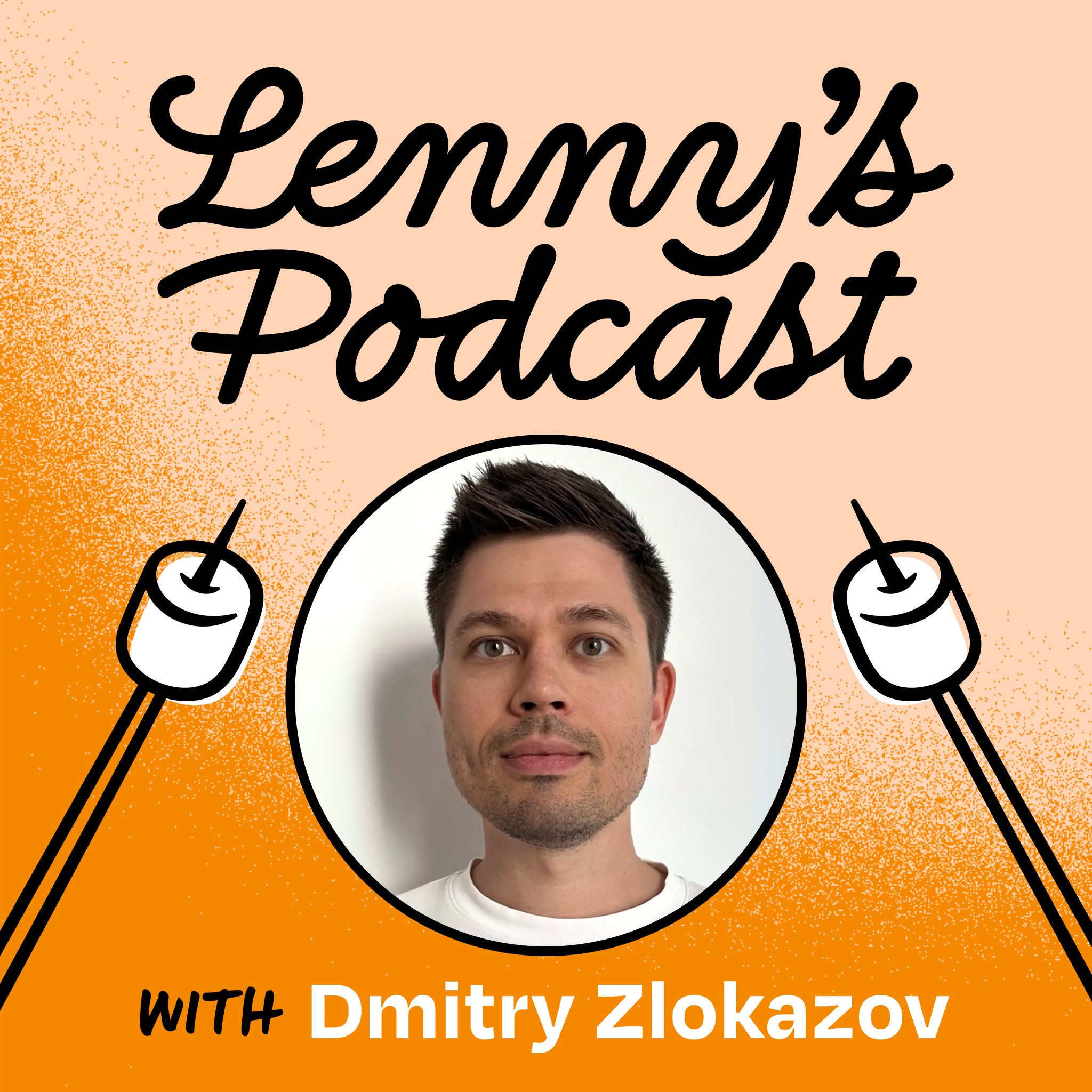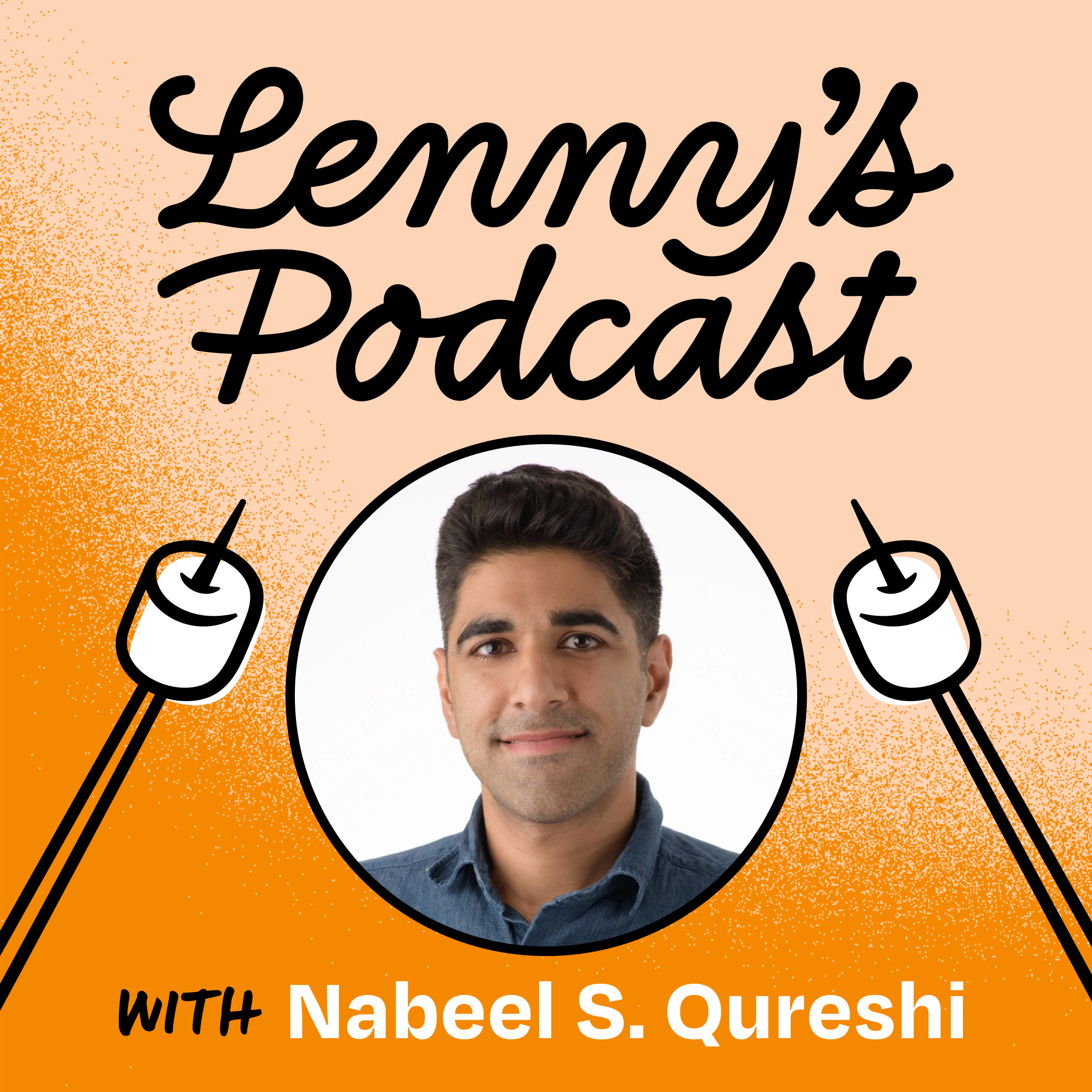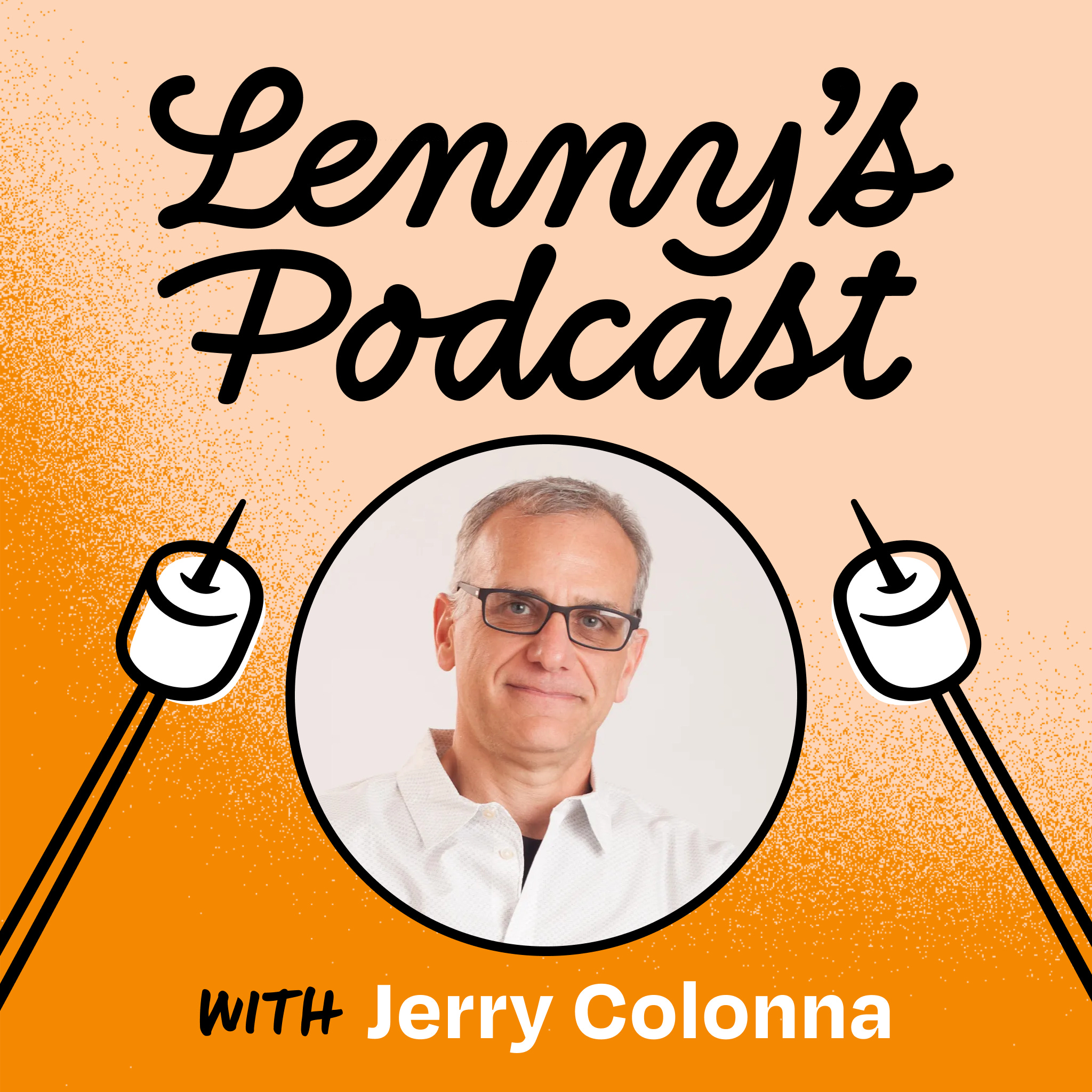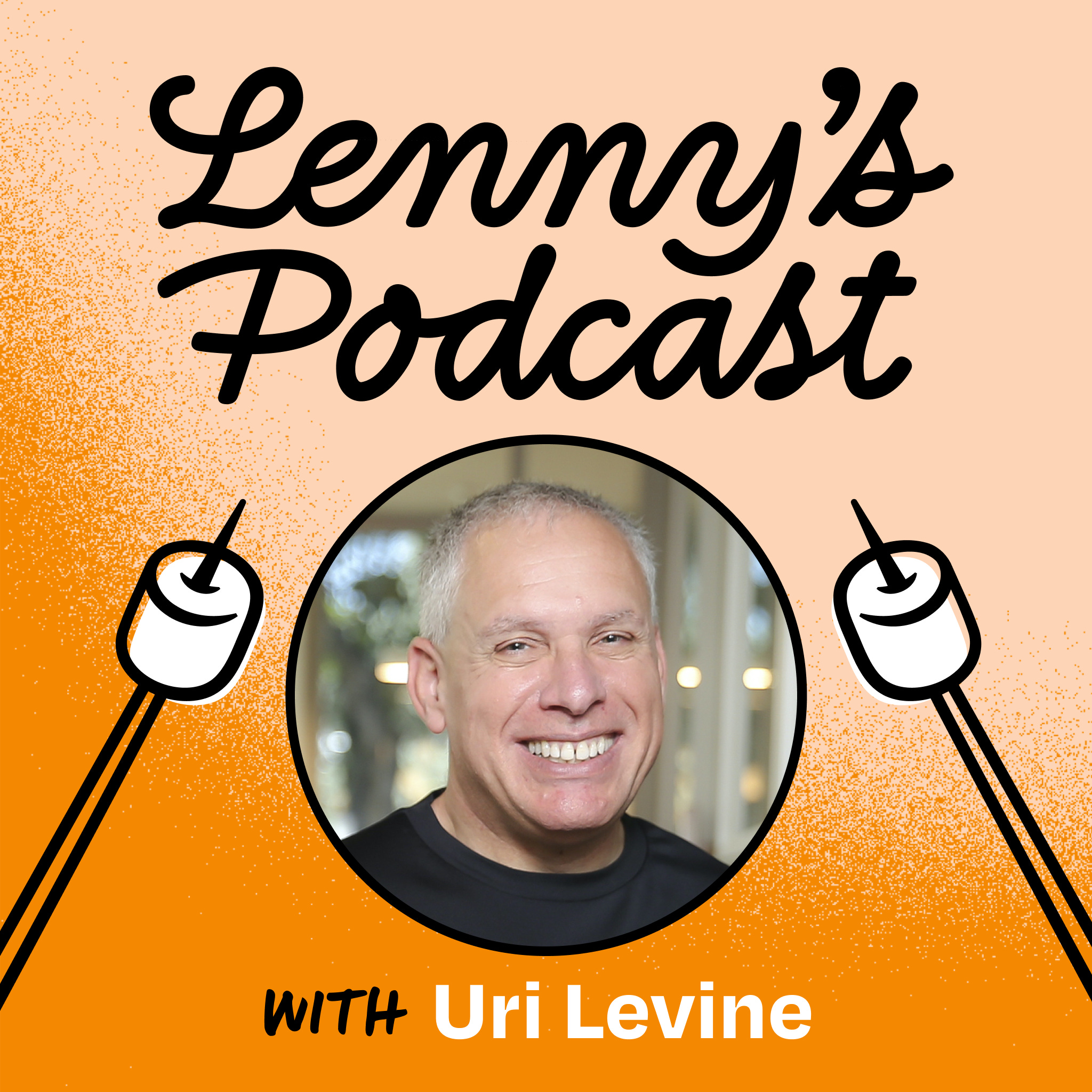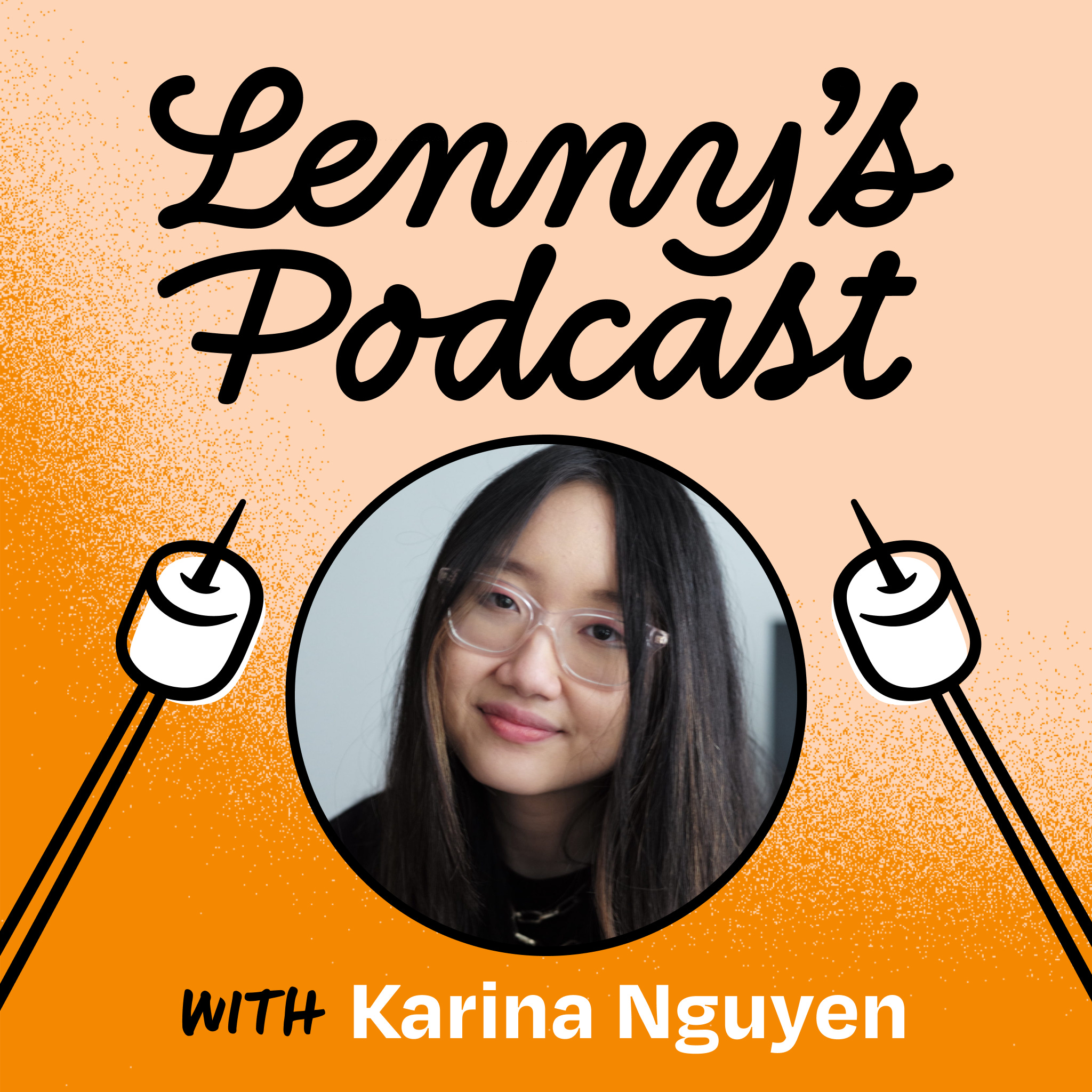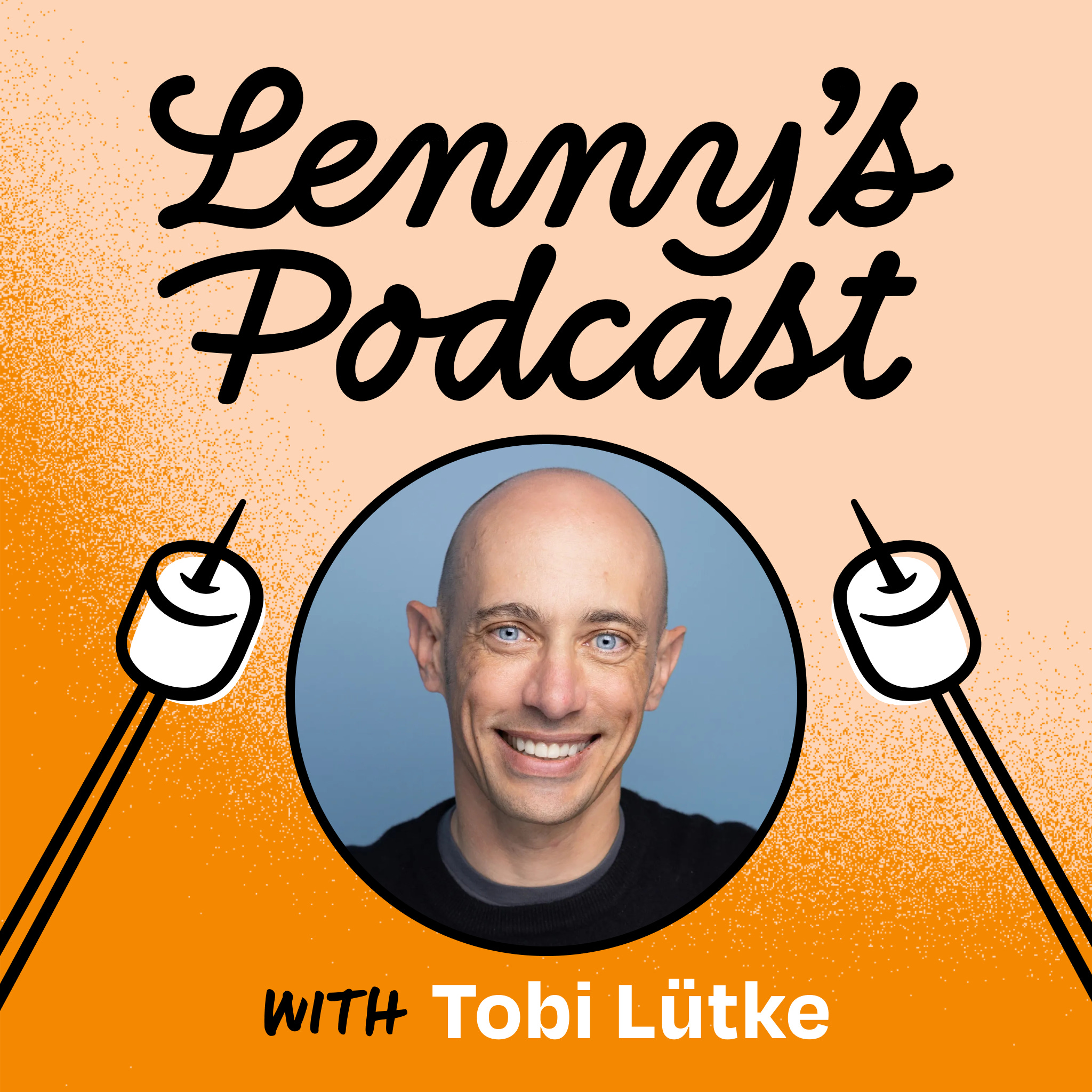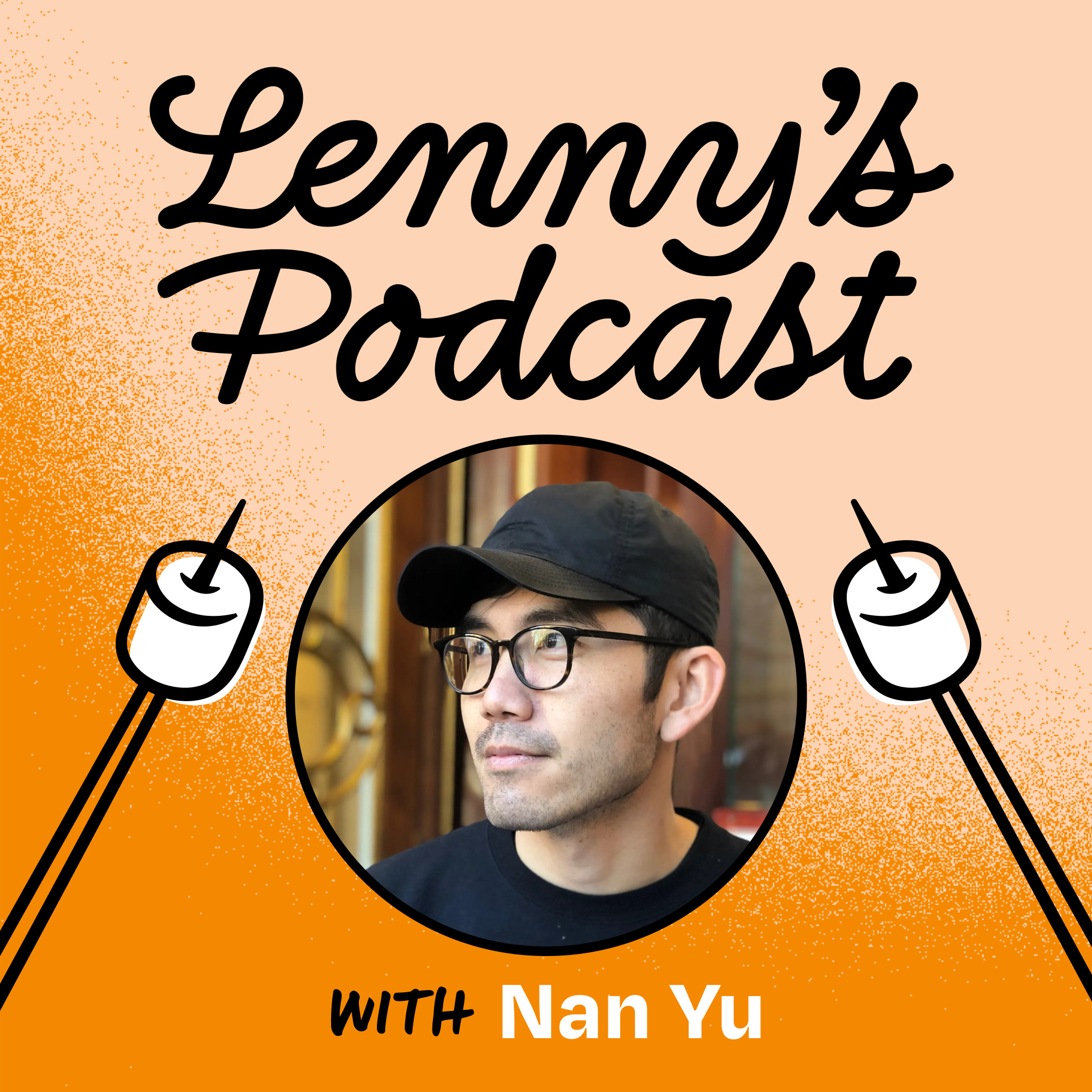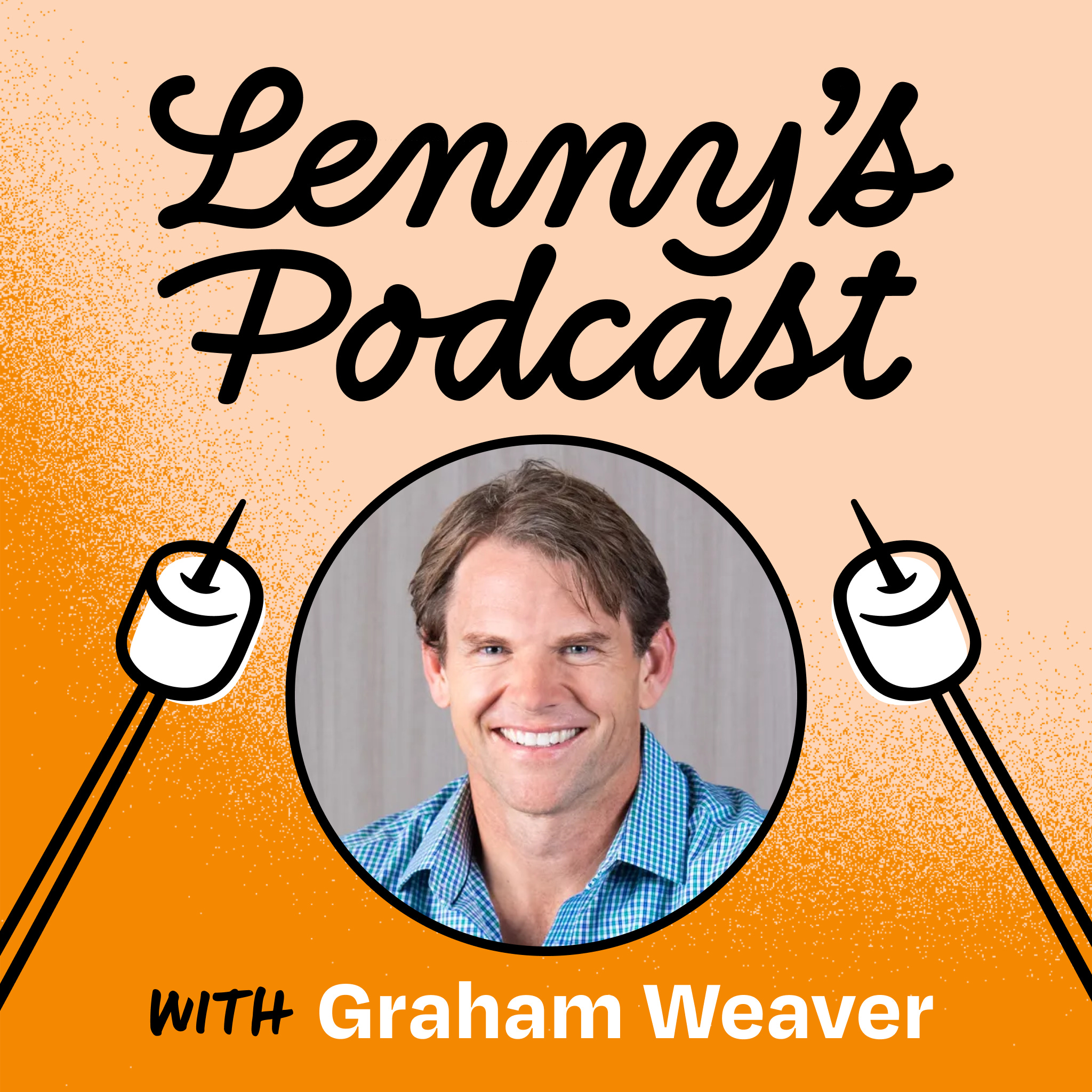
September 26, 2024 • 1hr 17min
Lessons in product leadership and AI strategy from Glean, Google, Amazon, and Slack | Tamar Yehoshua (Product at Glean, ex-Google and Slack)
Lenny's Podcast: Product | Growth | Career
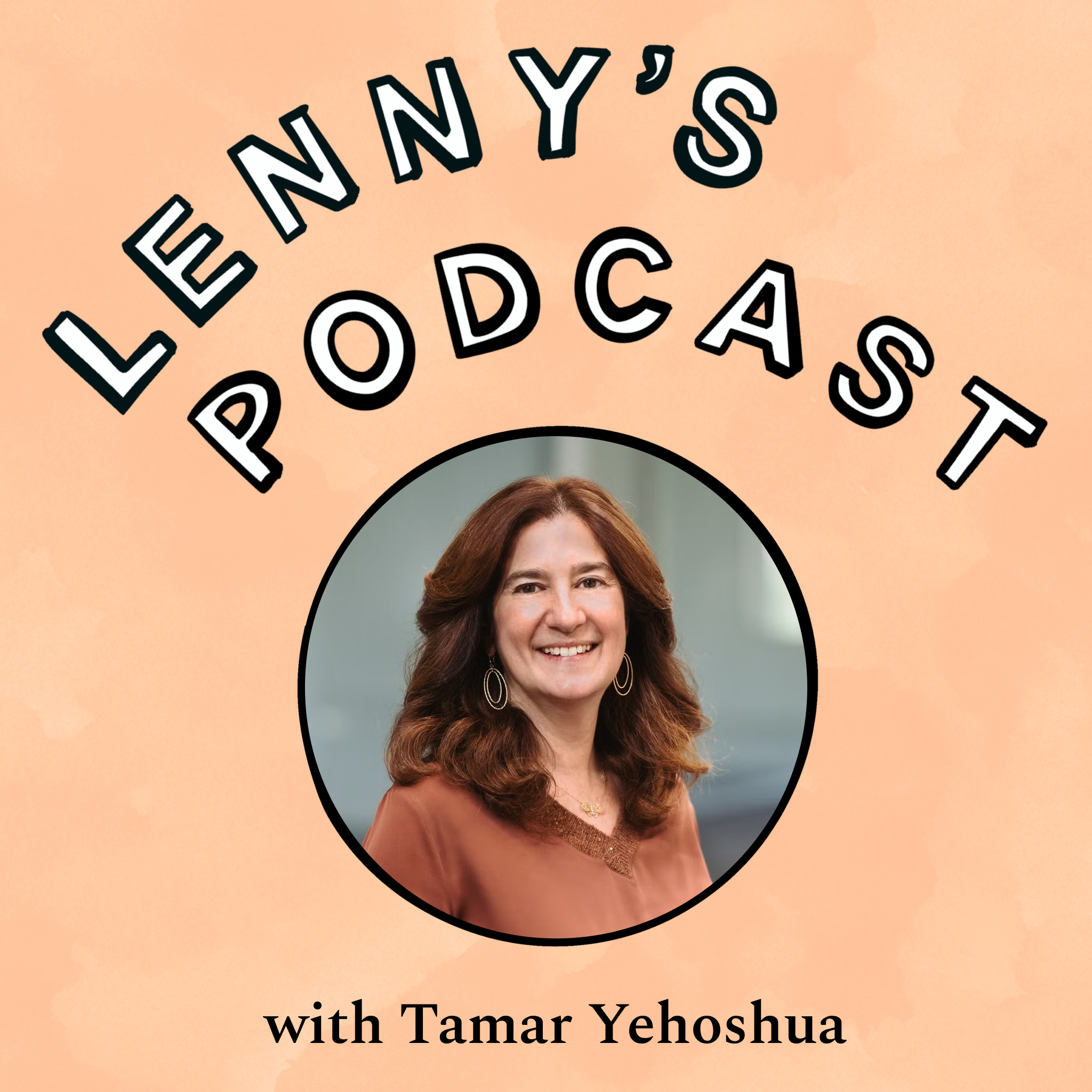
Key Takeaways
- Do a great job at your current role to advance your career, rather than always looking ahead to the next job. Focus on driving real impact for the business.
- You don't need to be a well-run company to win in the early stages. Product-market fit and strong growth can overcome internal chaos, though becoming more organized is important as you scale.
- Career planning is overrated. Instead of rigid 5-year plans, follow great people you can learn from and pursue opportunities where you'll grow.
- Build strong cross-functional relationships, especially between product and engineering. Align on goals, responsibilities and priorities.
- Don't overindex on making users unhappy when launching new products or features. Focus on the larger future user base rather than a vocal minority.
- AI will significantly change how we work, but won't replace product managers. PMs need to actively use and experiment with AI tools to avoid falling behind.
- When building AI products, focus on your differentiators beyond just the underlying language models, which will continue to rapidly improve.
Introduction
In this episode, Lenny interviews Tamar Yehoshua, President of Product and Technology at Glean. Tamar has an impressive background, having previously served as Chief Product Officer at Slack and led product and engineering teams at Google and Amazon. She shares insights from her extensive experience working with industry leaders like Jeff Bezos and Stewart Butterfield.
The conversation covers a wide range of topics relevant to product leaders, including career advice, building cross-functional relationships, leveraging AI in product development, and insights on company building and growth. Tamar provides both high-level strategic perspectives as well as tactical advice that listeners can apply in their own work.
Topics Discussed
Keys to Career Success (02:17)
Tamar emphasizes two key factors for career success:
- Excel in your current role - Focus on doing an outstanding job in your current position rather than always looking ahead to the next role. Drive real impact for the business.
- Understand people and motivations - Develop strong empathy and ability to read people, both for building products users want and for leading teams effectively.
She shares an example from early in her career where she turned down a management opportunity because she realized the team structure wasn't right for the company, demonstrating the importance of focusing on impact over advancement.
Company Success Doesn't Require Perfect Execution (11:19)
Tamar makes the counterintuitive point that companies don't need to be perfectly run to be successful, especially in early stages:
- She's seen chaotic companies with high turnover still achieve strong growth
- Well-run companies can still struggle if they lack product-market fit
- Key success factors include having a product people want, strong distribution, an effective sales team, and sufficient funding
- As companies scale to thousands of employees, becoming more organized does become important
"Product market fit is a death sentence...if you built a product that people aren't really excited to use, then you don't have a company."
Career Planning is Overrated (18:40)
Tamar advises against rigid long-term career planning:
- She never had a 5-year plan herself
- Instead, focus on following great people you can learn from
- Look for opportunities to develop skills by working with the best in different domains
- Go where there's a "nexus of great people" who will do great things together
"You follow people where you're going to learn the most."
Lessons from Industry Leaders (26:22)
Tamar shares insights from working with top tech leaders:
Jeff Bezos:
- Listened to his team before speaking in meetings
- Had consistent principles that made it easier for the organization to operate
- Focused on long-term thinking (e.g. "it takes 7 years to build a product")
Stewart Butterfield:
- Excellent product thinker with long-term vision
- Emphasized prototyping to validate ideas
- Had a clear long-term plan for Slack from the early days
Mark Benioff:
- Masterful marketer
- Approaches marketing presentations like a product
Building Strong Cross-Functional Relationships (37:59)
Tamar emphasizes the critical importance of strong product-engineering partnerships:
- Evaluate the engineering leadership before joining a company
- Align on roles, responsibilities and priorities
- Avoid situations where teams play product and engineering leaders against each other
- Do key reviews (OKRs, exec updates) together
- Have a clear division of ownership while still being able to ask questions in each other's domains
"Make sure you go somewhere where you have a good engineering partner, because if you have great ideas of what to build but you can't get them built, then you go nowhere."
Streamlining OKR Reviews (42:00)
Tamar shares how they improved their OKR review process at Slack:
- Moved to async video updates in Slack channels instead of live presentations
- She and the CTO would review together and follow up with questions
- Only met live with ~5-10 teams that needed more discussion
- Iterated on the process each quarter to make it more efficient
Don't Overindex on Making Users Unhappy (45:26)
Tamar advises not worrying too much about making some users unhappy when launching new products/features:
- Focus on the larger future user base rather than a vocal minority of current users
- Be respectful and transparent about changes
- Explain the rationale clearly
- Give users time to adapt
She shares an example of a Google executive personally calling an upset engineer to explain a controversial change, which completely turned around the engineer's perspective.
Leveraging AI in Product Development (52:34)
Tamar discusses how AI is changing product development:
- AI will significantly change how we work, potentially blurring lines between product, engineering and design roles
- PMs need to actively use and experiment with AI tools to avoid falling behind
- Look for creative ways to apply AI, like analyzing large volumes of customer feedback
- When building AI products, focus on your differentiators beyond just the underlying language models
- Help users understand the non-deterministic nature of AI outputs
"I think AI, we are underestimating how much it's going to change how we work. It's not going to be sudden from today to tomorrow because people haven't figured it out yet...But the people who have are going to be so far ahead."
Conclusion
Tamar Yehoshua provides a wealth of insights for product leaders based on her extensive experience at top tech companies. Her advice spans career development, cross-functional collaboration, product strategy, and leveraging emerging technologies like AI.
Key themes that emerge include:
- Focusing on impact and learning rather than rigid career plans
- The importance of strong partnerships, especially between product and engineering
- Balancing user needs with bold product changes
- Actively experimenting with AI tools to stay ahead of rapid changes in the industry
Tamar's perspective as a seasoned leader who has worked with some of tech's biggest names provides valuable context on how to navigate growth and change in fast-moving environments. Her practical advice and examples offer concrete takeaways that listeners can apply to their own work and careers.
